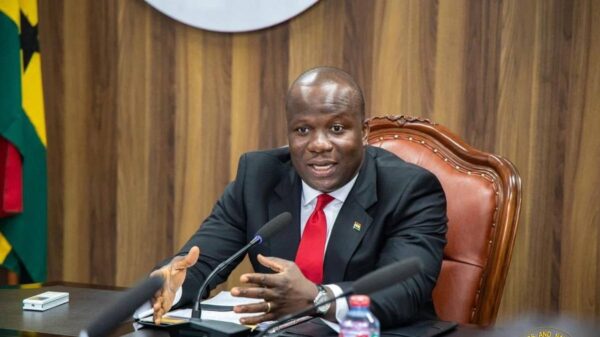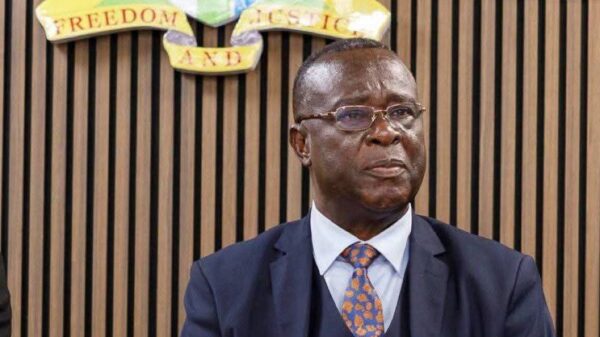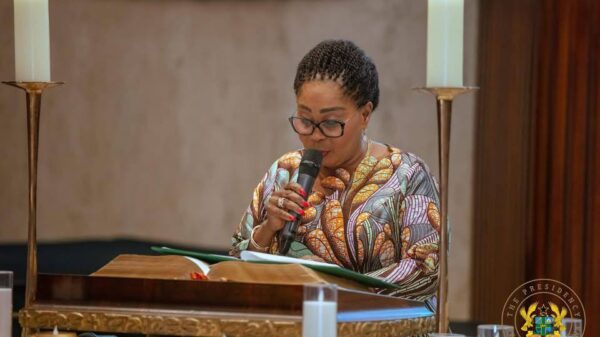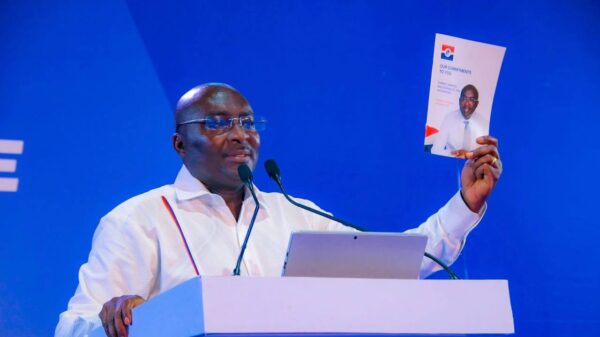Ghana is setting a new benchmark in West Africa by developing the region’s first integrated petroleum hub. The ambitious project, which kicked off in 2024, aims to strengthen fuel security, lower petroleum costs, and boost regional energy trade. It’s being rolled out in three phases over 12 years, from 2024 to 2036.
The first phase features a 300,000-barrel-per-day (bpd) refinery, a 90,000-bpd petrochemical plant, storage facilities, and new port infrastructure.
At the Invest in African Energies: Accra Investor Briefing on April 14, Dr. Toni Aubynn, CEO of the Petroleum Hub Development Corporation, shared investment opportunities tied to the hub. He emphasized the government’s commitment to turning this vision into reality, stating:
“We’re tasked with building three refineries and five petrochemical plants. This will be the first of its kind in the region. Our focus is on attracting local investors to help develop these critical industries.”
Meanwhile, Ghana’s only functioning refinery the Tema Oil Refinery (TOR) continues to play a key role in reducing the country’s reliance on imported petroleum products. Though it’s been in operation since 1963, upgrades are ongoing to improve performance and productivity. TOR’s Managing Director, Dr. Yussif Sulemana, noted:
“Right now, we’re focused on getting the best out of what we have. For the long term, we’re exploring partnerships and investments. Many investors are showing interest, and we’re ready for capital and expertise.”
Ghana is also expanding its fuel storage and distribution network. The Bulk Oil Storage and Transportation Company (BOST), which manages the national fuel reserve, is working to double its barge fleet and build a new pipeline between Tema and the Accra Plains Depot. Plans are also in place for a new storage facility and the use of alternative fuels. According to BOST’s Technical Advisor, Nana Amoasi VII:
“We’re focused on building solid infrastructure for the future.”
As energy investments ramp up, Ghana is putting local participation at the center of its strategy. Kwaku Boateng, Director of Economics and Local Content at the Petroleum Commission, stressed the need to create opportunities for Ghanaian businesses:
“We have a clear plan to ensure that Ghanaians play a role in every part of the petroleum value chain. Local companies are vital partners to international players.”
Still, there’s more to be done to build a skilled local workforce. David Pappoe, President of the African Energy Chamber in Ghana, pointed out that capacity development must be a joint effort between government and the private sector:
“Without skilled people, we can’t move forward. Training and collaboration across Africa are key to ending energy poverty.”
The investor briefing in Accra set the stage for African Energy Week, scheduled for September 29 to October 3 in Cape Town. The event will spotlight Africa’s growing oil and gas opportunities and promote investment in the continent’s energy future






































